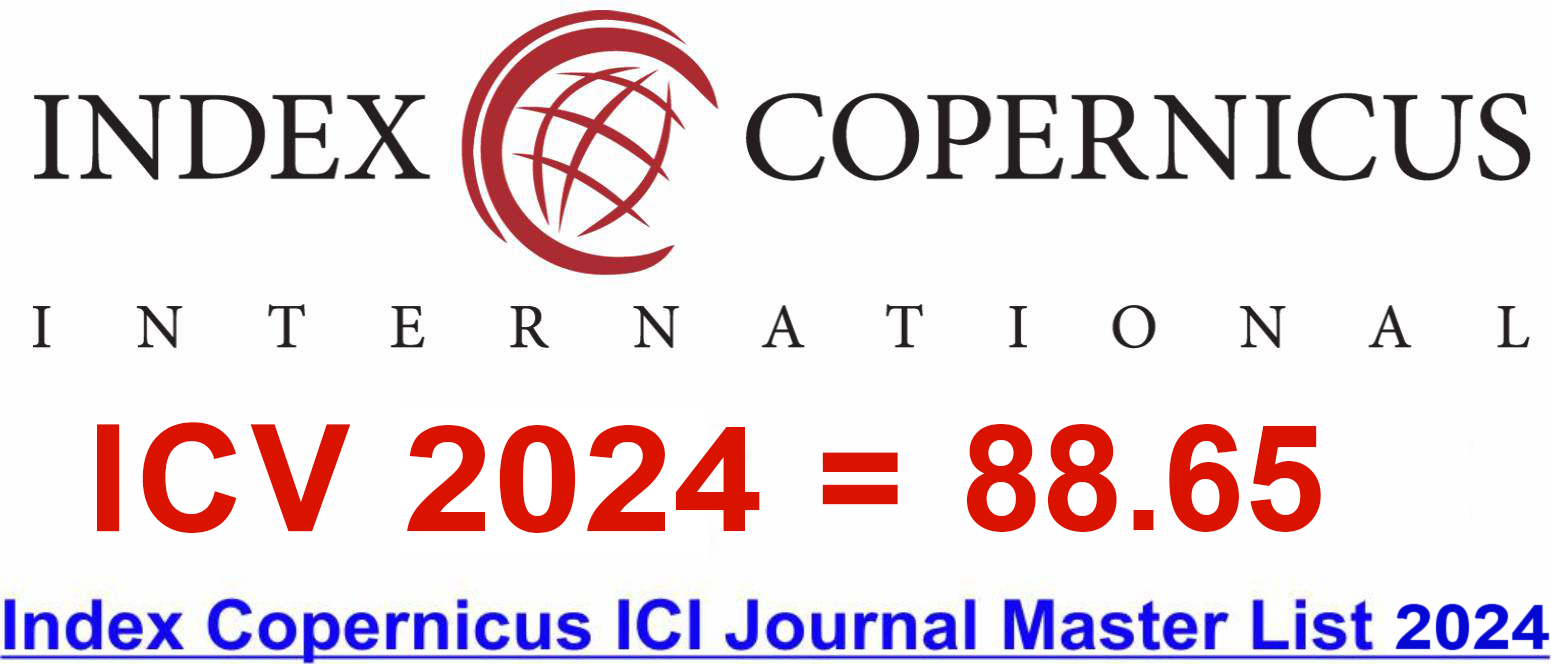Abstract
In an era defined by rapid digital transformation and environmental urgency, digital sustainability emerges as a pivotal strategy for achieving a greener, more resilient future. This paper explores how innovation and entrepreneurship serve as critical drivers in promoting digital sustainability, enabling businesses, governments, and societies to reduce ecological footprints while maintaining economic growth. By integrating cutting-edge technologies such as AI, blockchain, and the Internet of Things (IoT) with sustainable development goals (SDGs), forward-thinking entrepreneurs are reshaping industries from energy and agriculture to logistics and manufacturing. The study presents a multi-dimensional framework that examines the intersection of digital innovation and sustainability practices, highlighting successful case studies from global start-ups and enterprises. It investigates how digital tools are optimising resource use, lowering carbon emissions, and fostering circular economies. Furthermore, the paper enquires about the role of digital entrepreneurship in addressing systemic environmental challenges and creating scalable solutions aligned with ESG (Environmental, Social, and Governance) principles. Through a combination of theoretical analysis and empirical evidence, the paper points out the revolutionary value of digital entrepreneurship in driving sustainable innovation. It also addresses key barriers such as digital inequality, ethical considerations, and the need for supportive policy ecosystems. The results provide a deeper understanding of how digital sustainability mitigates environmental risks and opens new pathways for inclusive, green economic development.
References
- Hamzeh F, Al Hattab M, Rizk L, El Samad G, Emdanat S. Developing new metrics to evaluate the performance of capacity planning towards sustainable construction. Journal of Cleaner Production. 2019 Jul 10;225:868-82. https://doi.org/10.1016/j.jclepro.2019.04.021
- Corsini F, Frey M. The Paradigm of the Circular Economy: Barriers and Enabling Factors for Companies. Crowdfunding for Environmental Sustainability and the Circular Economy: Empowered Strategies for Sustainable Growth 2024 Oct 1 (pp. 13-36). Cham: Springer Nature Switzerland. http://dx.doi.org/10.1007/978-3-031-66211-9_2
- Rahim N, Abdullah L, Yusoff B. A Border Approximation Area Approach Considering Bipolar Neutrosophic Linguistic Variable for Sustainable Energy Selection. Sustainability. 2020 May 12;12(10):3971. https://doi.org/10.3390/su12103971
- Kiron D, Unruh G. Business needs a safety net. MIT Sloan Management Review. 2018 Apr 1;59(3):1-6.
- Omolayo Y, Feingold BJ, Neff RA, Romeiko XX. Life cycle assessment of food loss and waste in the food supply chain. Resources, Conservation and Recycling. 2021 Jan;164:105119. https://doi.org/10.1016/j.resconrec.2020.105119
- McKinsey , Company. Decarbonize and create value: How incumbents can tackle the steep challenge. McKinsey [Internet]. Retrieved from: https://www.mckinsey.com/capabilities/sustainability/our-insights/decarbonize-and-create-value-how-incumbents-can-tackle-the-steep-challenge
- Bridging digital divides in G20 countries [Internet]. OECD. 2024. Retrieved from: https://www.oecd.org/en/publications/bridging-digital-divides-in-g20-countries_35c1d850-en.html
- The Age of Sustainable Development. Columbia University Press. Columbia University Press. CUP; 2025. Retrieved from: https://cup.columbia.edu/book/the-age-of-sustainable-development/9780231173155/
- Environment UN. Action Plan for a Sustainable Planet in the Digital Age [Internet]. UNEP - UN Environment Programme. 2022. Retrieved from: https://www.unep.org/resources/report/action-plan-sustainable-planet-digital-age
- Fosso Wamba S, Queiroz MM, Trinchera L. Dynamics between blockchain adoption determinants and supply chain performance: An empirical investigation. International Journal of Production Economics. 2020;229(C). https://doi.org/10.1016/j.ijpe.2020.107791
- Alzoubi A. Machine learning for intelligent energy consumption in smart homes. International Journal of Computations, Information and Manufacturing (IJCIM). 2022 May 28;2(1). https://doi.org/10.54489/ijcim.v2i1.75
- Diyin Z, Bhaumik A. The Impact of Artificial Intelligence on Business Strategy: A Review of Theoretical and Empirical Studies in China. International Journal of Advances in Business and Management Research. 2025;02(03):09-17. https://doi.org/10.62674/ijabmr.2025.v2i03.002
- Khatoon W. Market-Wide Circuit Breakers: A Critical Analysis of their Impact on Stock Market Stability in India. Deleted Journal. 2025 Jan 1;02(03):49–62. https://doi.org/10.62674/ijabmr.2025.v2i03.006















